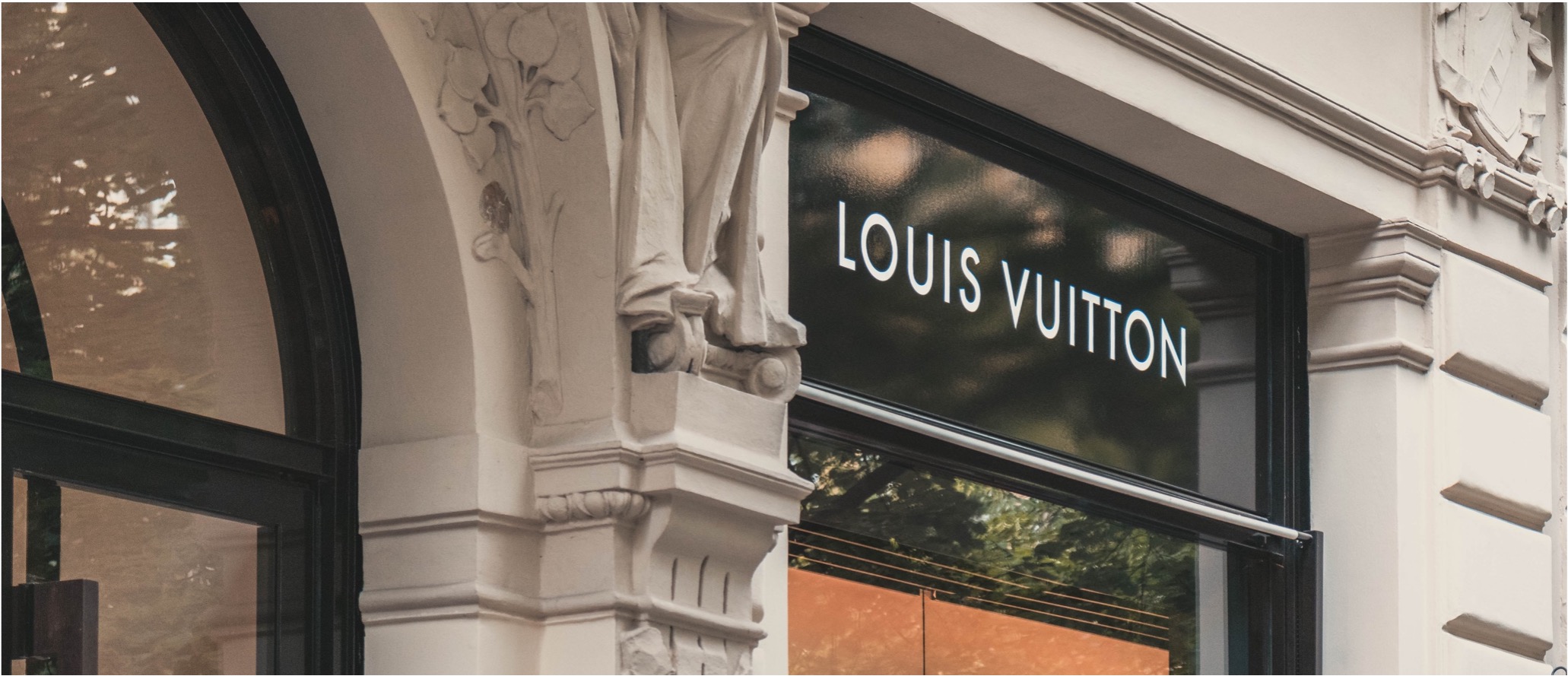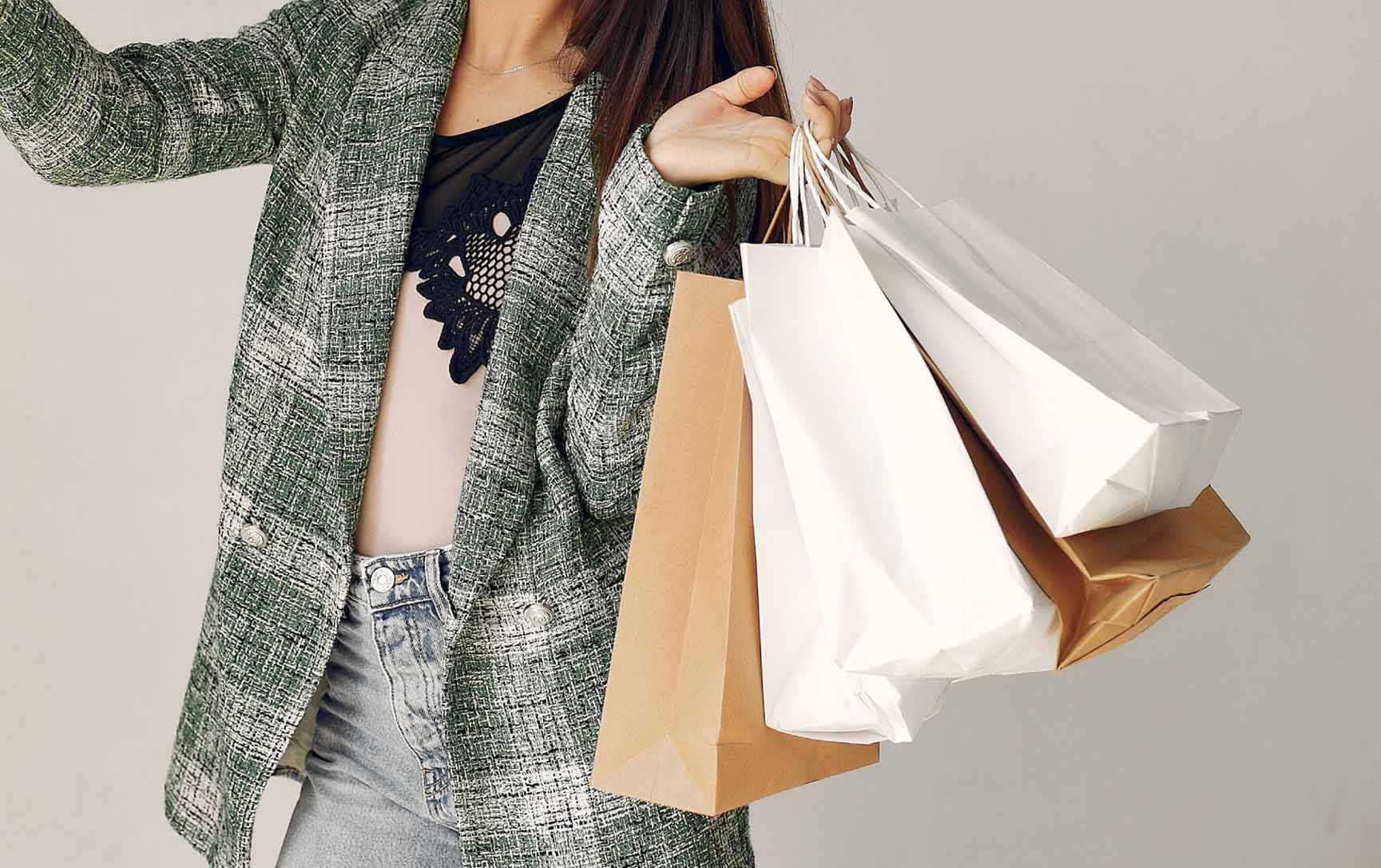Introduction
China’s commercial hub of Shanghai was under one of the strictest lockdowns since the start of the pandemic. Across this sprawling city of 6,341 sq. km comprising 16 districts, the lockdown did at times seem to bring this economic powerhouse close to a standstill.
Initially expected to last a few weeks, the lockdown stretched to two months causing significant disruptions to supply chains and testing the mettle of its estimated 26 million residents. However, the city’s resilience has been a silver lining as neighbours banded together over group buys for essential goods and an outpouring of support on social media for residents affected by the lockdown. After two months of working from home, employees are now adjusting to returning to the office as the city formally ended its lockdown on 1 June 2022.
The Global Luxury Retail Industry
Globally, the luxury goods market will generate USD349.10 billion in revenue in 2022, with 20.8% of total revenue from online sales. With a market volume of USD109.70 billion, the luxury fashion segment is expected to be the largest.
According to Reuters, Shanghai is home to 12% of the country’s luxury retail sector. China Daily, the country’s leading English-language news publication, cited a report by West South Cloud that suggested SKP Beijing (a leading, upscale mall in Beijing) achieved sales revenues of RMB23.9 billion in 2021, up from RMB17.7 billion in 2020.
Data shared by Vogue Business predicts that while the growth rate in China’s luxury market will likely slow this year, the industry is expected to increase by 15 – 18%.
 Source: Unsplash
Source: Unsplash
Challenges Facing Shanghai’s Luxury Retail Industry
With the initial lockdown, luxury and retail brands with physical stores in Shanghai had to close temporarily. Online shopping was discontinued as the city moved to contain the situation on the ground.
Disruptions across the country’s supply chain resulted in additional strains on the retail industry. For example, luxury brands with warehouses in Shanghai faced logistics issues as deliveries within the city, and the rest of the country became non-existent virtually overnight. Beijing, Shenzhen, and Xi’an have also faced strict containment measures since early 2022.
Another challenge is the apparent loss of revenue during this period. While not every company will achieve its 2022 sales target, proactive measures and action are in place to mitigate the consequences of the lockdown by strengthened efforts on wholesale and e-commerce channels.
Shifting Gears: How Luxury Brands Navigate the Lockdown in Shanghai
Taking a page from high-end luxury brands where in-person interactions and personalised touch points form the basis of connections with customers, how do retailers navigate the lockdown and keep very important customers (VICs) engaged and feeling pampered.
Luxury brands have shifted gears and moved into the virtual space by adopting innovative strategies on the consumer front. However, while the city and country are attuned to eCommerce platforms for daily purchases and necessities, creating and curating experiential retail virtually and ensuring highly personalised touchpoints is a delicate art.
Over the years, luxury brands have cultivated a novel approach called Private Traffic or 私域, where customers share their WeChat details to receive personalised communication, updates about in-store promotions, invitation to exclusive members’ only events, or discover new art pieces. This highly personalised and effective form of communication enables brands to provide “remote” sales assistance, connect with customers individually, and create emotional connections where VICs feel special and pampered.
 Source: Cindy Chao / Unsplash / Instagram
Source: Cindy Chao / Unsplash / Instagram
Complemented by strong social media visibility and the deft use of fashion bloggers, influencers, and key opinion leaders (KOLs), luxury brands have refined their communication and engagement strategies with customers to a precise art.
During Shanghai’s lockdown, leading skincare brands organised online classes teaching DIY facial massages, while luxury retailers offered seven-day passes to virtual classes at premium yoga studios – addressing the increasing awareness and demand for mental well-being.
Further elevating the experience, brands tugged at the hearts of VICs with a flair for the arts by hosting virtual cultural clubs – inviting well-known authors, directors, and musicians to discuss books, poetry, films, and albums.
Helping Employees in the Luxury Retail Sector Stay Engaged
On the employee front, luxury retailers have shown flexibility during the lockdown, given the temporary closure of stores in Shanghai.
Paying particular attention to employee well-being, luxury brands implemented various employee welfare programs to support their teams from a mental and emotional well-being perspective. For example, providing ample food supplies in the early stages of the lockdown met employees’ basic needs. In some instances, luxury brands also ensured adequate compensation for retail employees’ livelihoods as a large portion of their remuneration comprises sales commissions.
 Source: Unsplash
Source: Unsplash
Post-lockdown: What Are the Expectations for Shanghai’s Luxury Brands?
With 2.67 million businesses ranging from corner shops to global manufacturers cautiously re-opening as the city ended its lockdown on 1 June, expectations are high for Shanghai’s luxury retail sector to bounce back to pre-COVID levels.
Growth in the upper-middle (affluent) class, who form the bulk of the customer base, is a critical factor for the luxury retail segment in 2022 and beyond.
With continued emphasis on brand awareness and emotional bonding, luxury brands expect a sales boom after the lockdown, especially with the resumption of deliveries, and the re-opening of retail malls and shopping centres.
Luxury brands – as with all other business segments – are adapting and continuously implementing creative tactical campaigns and action plans to recover the loss of revenue. Some observers predict an increase in fashion events, in-person customer care appointments, more ambitious sales goals and targeted on-the-ground activities.
While the general sentiment points to a robust recovery, analysts at the other end of the spectrum are predicting a modest 3% year-on-year growth in mainland China this year, down sharply from the 15% – 18% forecast from a few months ago.
Conclusion: Where Do We Go from Here?
While the situation may seem uncertain, with concerns over consumer confidence and whether a possible recovery to pre-COVID levels is possible, the lockdown is a reminder that global economies are closely interlinked. With the fast-changing and constantly evolving business landscape, there is a crucial need for adaptability and flexibility among employers and employees, with the agility to react quickly as Shanghai’s luxury retailers have.
 Source: Unsplash
Source: Unsplash
The Employees’ Perspective
Ensuring our employees’ emotional and mental well-being is fundamental to every organisation’s success. Taking care of their emotional health during this challenging period not only reaps short-term rewards and strengthens engagement. In the long term, it fosters belonging and loyalty and ultimately positively impacts productivity.
Health and well-being, financial stability, and job security are top concerns for employees in the luxury retail industry in China and across all industries around the globe.
Businesses can address employees’ changing and diverse needs in meaningful ways, including responding quickly to current business challenges and adopting a holistic employee compensation plan that anticipates future requirements. In addition, creating genuine touch points to forge a positive employee experience ensures talents reach their full potential.
 Source: Unsplash
Source: Unsplash
The Consumer Perspective
Creating in-store experiences complemented by personalised, virtual touch points will be the way forward for luxury brands and likely a game-changer.
Understanding consumer preferences to cater to an increasingly sophisticated market, international brands must continue to innovate and create products suitable for the local market. Design elements that feature native elements are likely to resonate with and appeal to the consumer, ensuring long-term sustained growth for luxury brands across the markets they operate.




























 Source: Unsplash
Source: Unsplash Source: Cindy Chao / Unsplash / Instagram
Source: Cindy Chao / Unsplash / Instagram Source: Unsplash
Source: Unsplash Source: Unsplash
Source: Unsplash Source: Unsplash
Source: Unsplash



